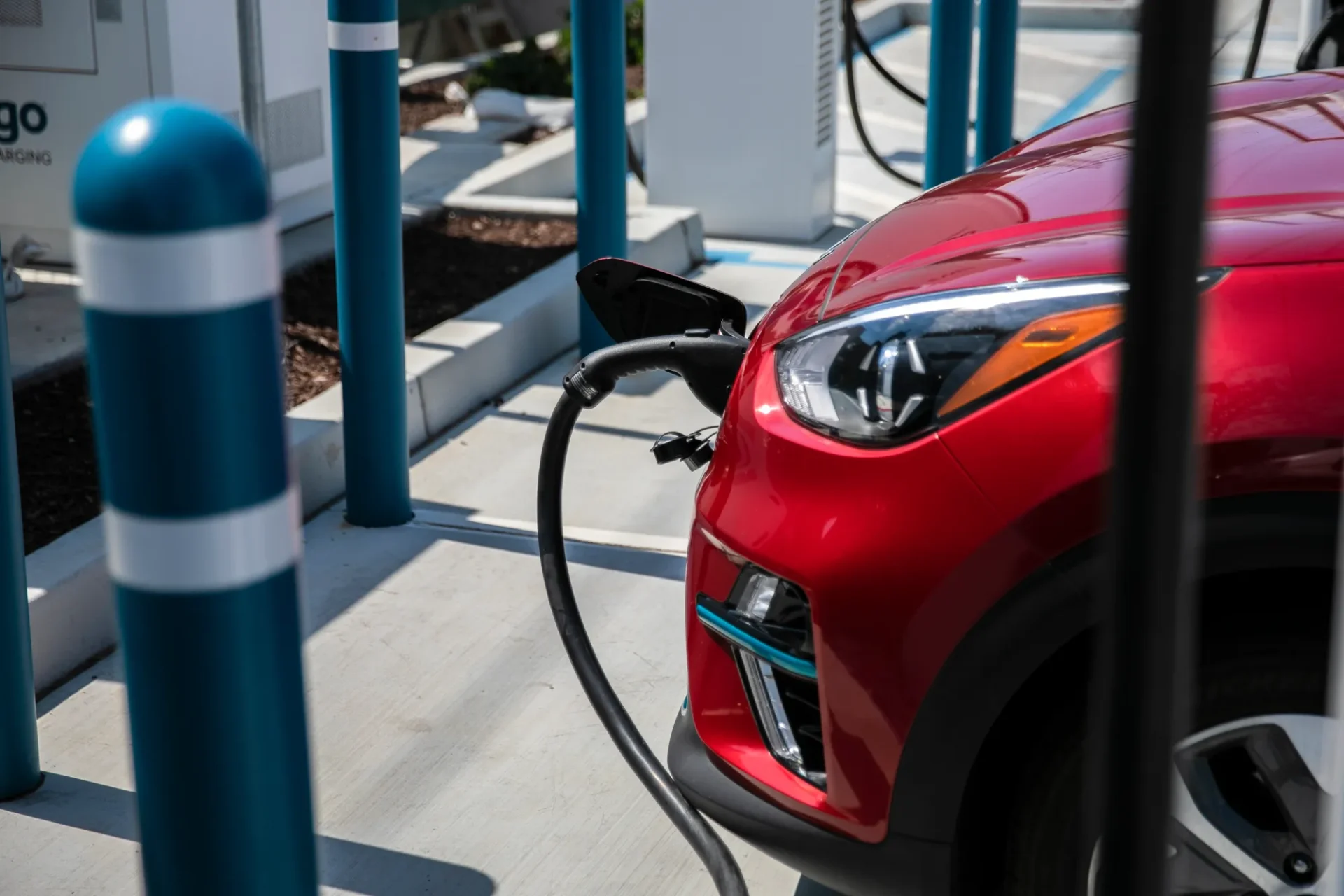Costa Mesa braces for potential economic burdens amid state’s push for electric trucks.
The clash between climate policy and economic reality is becoming increasingly evident, and the effects of such policies are poised to hit Costa Mesa residents hard. The state of California’s latest initiative, which seeks to phase out diesel
trucks and replace them with electric alternatives, is raising concerns about its potential consequences for the everyday lives of Costa Mesa’s local consumers.
The California Air Resources Board (CARB) has proposed a mandate that would require drayage operators, responsible for transporting goods between the state’s ports and distribution centers, to electrify their fleets starting from next year. By 2035, almost all package delivery, drayage, and box trucks in California would have to be “zero emission.” This is aligned with California’s ambitious ban on new gas-powered cars, set to take effect in the same year.
However, the transition to electric trucks is likely to be a costly and challenging endeavor for Costa Mesa residents. Currently, electric heavy-duty trucks are approximately three times more expensive than new diesel big rigs. While tax credits may offset some of these costs, they fall far short of covering the substantial price difference. Moreover, the charging infrastructure can cost millions of dollars and necessitates coordination with charging equipment manufacturers and local utilities.
The power demand from electric trucks will strain the electric grid, potentially causing disruptions right here in Costa Mesa. Charging a small fleet of trucks can require an amount of power equivalent to that of a shopping mall or sports stadium. This has led to instances where local officials have raised concerns about the excessive power draw, even to the extent of potentially destabilizing the grid within our community.
The scarcity of charging infrastructure further exacerbates the situation for Costa Mesa residents. With fewer than 700 chargers at trucking depots as of the last month, California’s energy commission estimates that 157,000 more will be needed for medium- and heavy-duty trucks by 2030. Constructing this many charging stations within such a short timeframe is a monumental task, especially when factoring in the necessary grid upgrades, which could take up to a decade to complete and may affect our local power supply.
Another significant challenge is the weight of electric truck batteries. These vehicles rely on two batteries, each weighing around 8,000 pounds, which can limit their cargo capacity due to federal weight limits. Consequently, electric trucks may not be able to carry as large a load as their diesel counterparts, potentially increasing the number of trucks needed for transportation and, consequently, driving up shipping costs for goods consumed by Costa Mesa residents.
The impact of these changes won’t be confined to Costa Mesa alone; it will likely have ripple effects across the country. Shippers may pass on the increased costs associated with electric trucks to consumers nationwide, meaning that Costa Mesa residents may find themselves paying more for goods transported by truck, impacting their household budgets.
Should Costa Mesa’s City Council advocate for our community’s interests in the face of California’s ambitious climate policies, particularly the push to electrify trucks?
Should our Council actively engage with Sacramento policymakers to safeguard the local community from unnecessary economic burdens while contributing to environmental sustainability?

